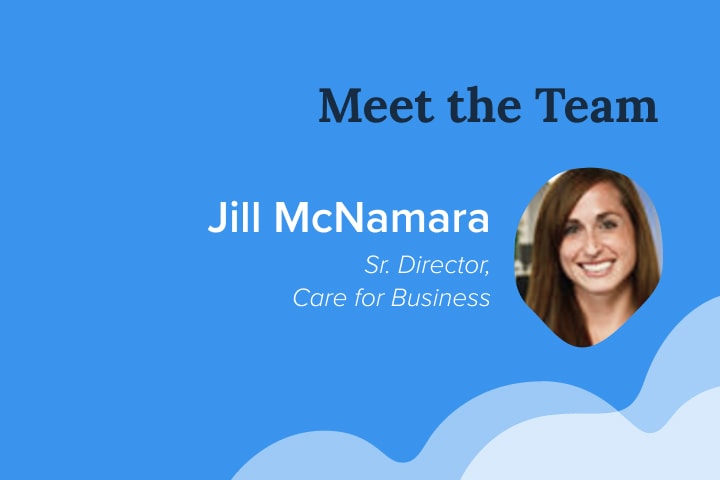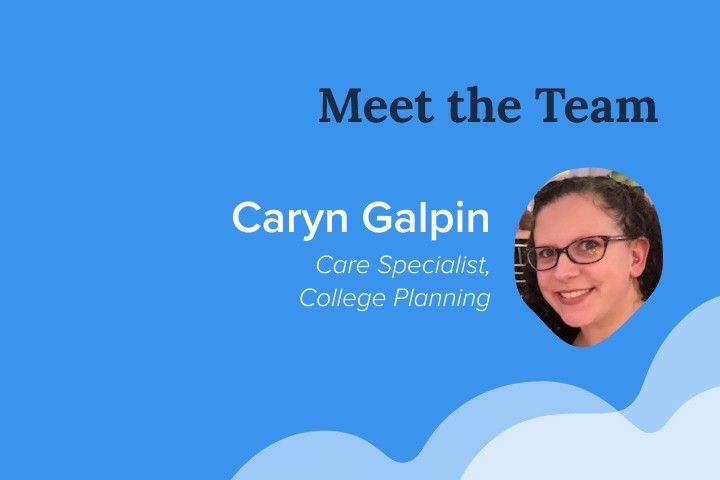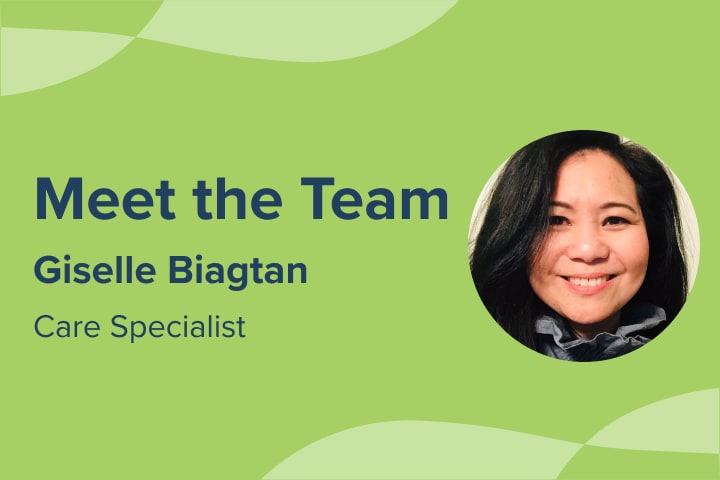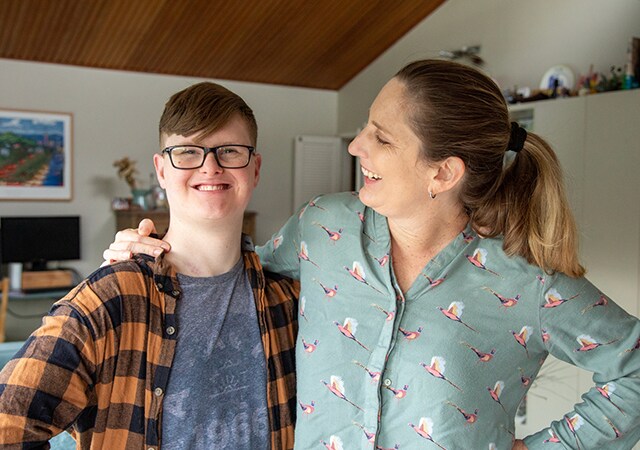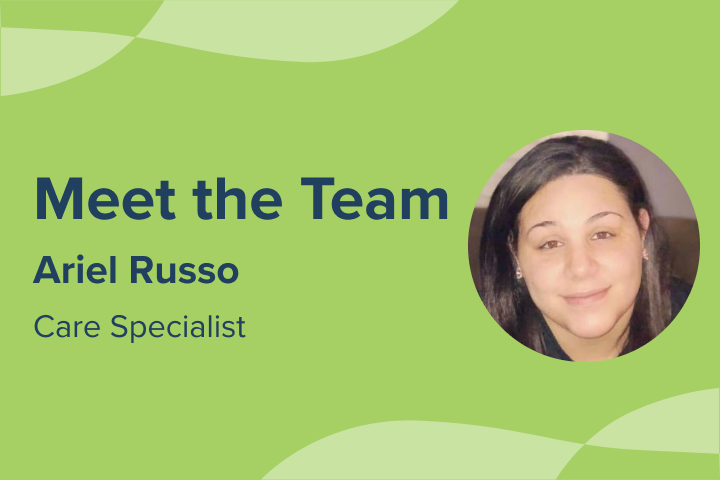Meet Jill McNamara, a Master’s Level Social worker and Senior Director at Care for Business. Since joining Care in 2011, Jill has been actively involved in overseeing our Care Specialists program, including providing dedicated support to employees who are caring for aging loved ones. We talked to Jill about the types of senior care issues employees face—and how Care Specialists and our team of Senior Care Advisors save employees time and stress with even the most complex care needs.
What type of senior care needs do employees have?
Employees call us about a range of different senior care needs and challenges. This can be anything from understanding a diagnosis, to learning about available care options, or how to pay for care. It’s not unusual for employees to work with the same Senior Care Advisor several times throughout their care journey. For example, an employee may contact us at the onset of a diagnosis—and we may work with them all the way through end-of-life issues.
What are the qualifications of the team?
When employees have complex senior care needs, we pair them with a Senior Care Advisor at Care for Business. All Senior Care Advisors are Master’s level social workers who have years of expertise in the elder care field. Since senior care needs can often come on with little warning to families, it’s an area that is unfamiliar to most. Senior Care Advisors have the expertise and training to provide families with 1:1 support, guidance, and resources to guide them through care challenges.
Can you give an example of a complex care need?
I will never forget working with an employee who contacted us after her father was diagnosed with early onset Alzheimer’s. He was only 61 at the time. The employee also had siblings, all of whom had families and children of their own. Suddenly, they were thrown into this situation, where they knew nothing about Alzheimer’s Disease, what their father would need, and what they could expect with the disease.
How did Care help this family?
This was a very emotional situation for the employee and her family. They were looking for guidance on how to share the responsibilities of caring for their dad, while still taking care of their own children and managing full-time jobs. I reassured them that we could help—and provided step-by-step guidance as the disease progressed including:
- Education and resources to educate the family on Alzheimer’s Disease and what to expect.
- Available care options, including in-home care, long-term care, memory care—and what programs in the family’s area had availability.
- Cost of care, including payment and insurance options.
- Tips and caregiving strategies to help the family cope, especially as they started to see new behaviors, and a decline in their father’s health.
I also encouraged the employee to call back at any time for additional guidance and support as her father’s care needs changed.
What makes you proud to work at Care?
I feel fortunate that I have this unique knowledge of the senior care landscape—and that I’m able to share this information with families to help them with various senior care challenges.
